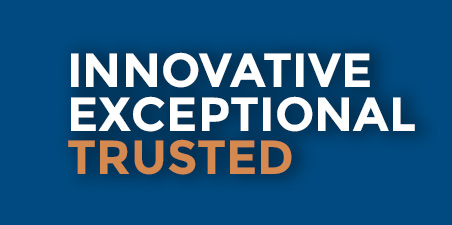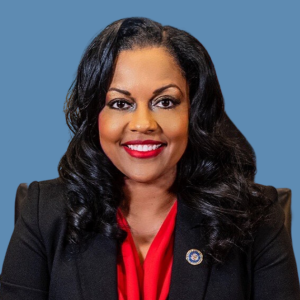Yesterday, President Obama signed into law the Workforce Innovation and Opportunity Act (WIOA), enacted by a large bi-partisan Congressional majority. Following 11 long years of debate over reauthorizing the Workforce Investment Act of 1998, we still have to wait another year for WIOA to be implemented—in July 2015.
During this time, the US Departments of Labor and Education will develop guidance and regulations for State, Regional, and local Workforce Investment Boards on WIOA implementation.
According to CLASP (Center for Law and Social Policy), “At a time of sustained unemployment in many communities, the programs in WIOA are designed to help young people and adult workers prepare for work or further education, find jobs, and build the skills employers need.”
“We applaud Congress for acting with near unanimity in taking this important step to create a workforce development system that better enables states and communities to connect low-income youth and adults to employment and training opportunities that lead to economic prosperity for themselves and their families. And we thank President Obama for moving so quickly to enact this law.”
Knowlton R. Atterbeary, KRA Corporation President & CEO, commented, “We, too, applaud Congress and President Obama on enacting this critical piece of legislation. KRA will, as we have for the past 30 years, support all Federal and State officials and the local-community leaders with whom we work, to strengthen our existing programs. We intend to take full advantage of the opportunities provided by WIOA to better serve our funding partners and customers who look to us for superior Career and Business Services.”
Also, CLASP announced that the organization “will be releasing a detailed analysis of WIOA’s implications for low-income and low-skilled youth and adults in the coming weeks.” And, that they “anticipate working closely with leaders and advocates in states and local communities over the coming year to support the implementation and expansion of workforce systems, policies, and practices that are grounded in research and experience and improve the education and employability of low-income people.”


 Dr. Boone’s 20+ years’ experience in the industry is extensive and her expertise in private-, public-, and non-profit sector workforce-services organizations is unparalleled, particularly in the Baltimore–Washington Metropolitan area.
Dr. Boone’s 20+ years’ experience in the industry is extensive and her expertise in private-, public-, and non-profit sector workforce-services organizations is unparalleled, particularly in the Baltimore–Washington Metropolitan area.






















